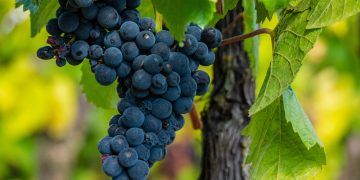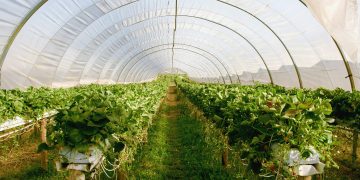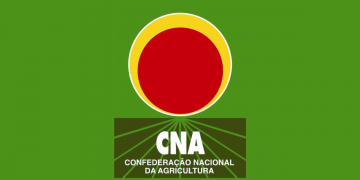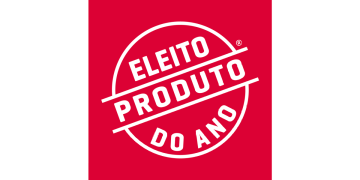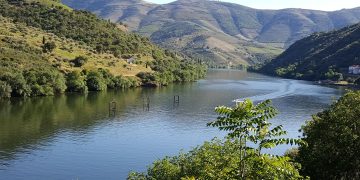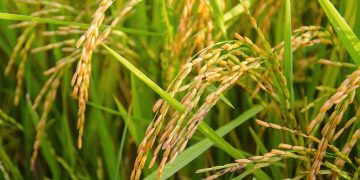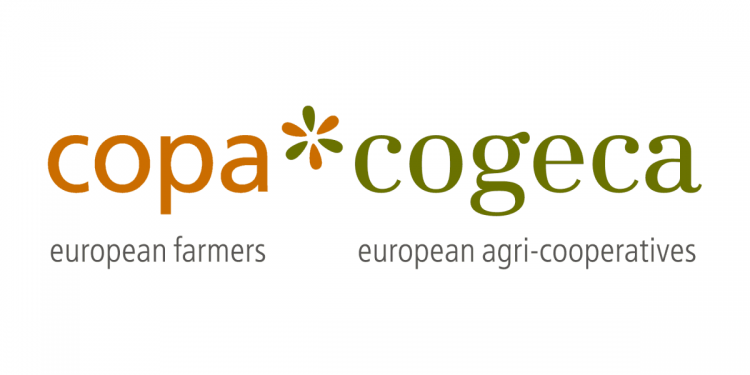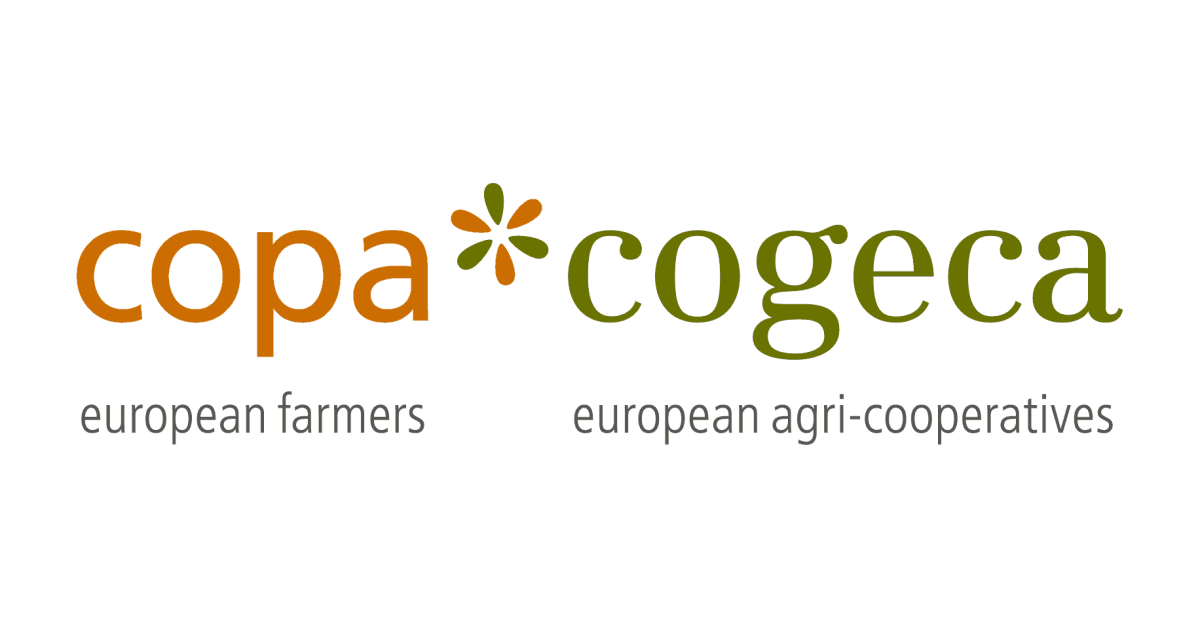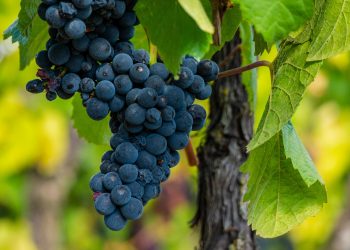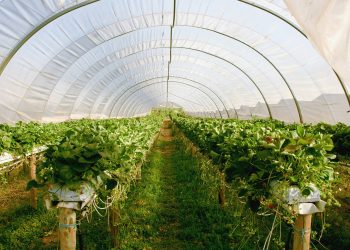Before even the launch of the European election campaign, Brussels is already buzzing with rumours and ideas for the next mandate. At the time of the first review, the plan to create a large ‘DG Food’ to replace the Directorate-General for Agriculture, while taking on competences in other parts of the Commission[1], is seen as appealing to some. For them, if “Farm to Fork” failed to convince, it was because the competences within the EU were too fragmented, whereas the Commission’s main agricultural strategy presented a global vision of the transitions to be led. In this perspective, the creation of a DG Food would provide THE institutional response by creating a single steering cabin, facilitating decision-making and the extension of the Farm to Fork agenda over the next mandate.
A simple shift of denomination or a fundamental political change? Let us be very clear here: the creation of a ‘DG Food’ would be a poor and simplistic response to a real and complex political problem, namely the future of agriculture within the European project. Today, there are several very good reasons to oppose this idea, which goes beyond a semantic debate or a natural administrative reorganisation.
Who’s pushing for the creation of a ‘DG Food’ these days? Recent articles distinguished between two groups: on the one hand, certain Brussels-based NGOs, ranging from consumer associations to environmental groups, and… multinational food companies represented through their European organisation – FoodDrinkEurope. An odd alliance! Although the reasons given are different, what they have in common is the desire to impose a top-down approach to the changes needed in agriculture. Yet it was the same ideology that led to the failure of Farm to Fork, with its out-of-the-box targets disconnected from the realities on the ground!
This idea of a ‘DG Food’ is so characteristic of its promoters that it completely overlooks the fact that agricultural policy… is not just about food! In addition to remaining at the heart of rural life, as demonstrated by the Council’s conclusions on the long-term vision for rural areas[2], farmers and agri-cooperatives produce green energy, biomaterials, feed and co-products such as fertilisers today, maintaining thousands of jobs in rural areas. Not to mention key sectors such as forestry, which is closely linked to agriculture. Some of the targets set for agriculture are also strategic for the EU: let’s not forget that, after the start of the Russian invasion of Ukraine, the REPowerEU plan[3] called for a drastic increase in biogas production by 2030. Biogas being mainly… agricultural!
A ‘DG Food’ would therefore be a narrowing rather than an enlargement from an agricultural point of view. An enlargement would be for the upstream part of the agri-food chain. An upstream industry that has remained relatively untouched by Farm to Fork, while still being able to take advantage of the transitions undertaken by farmers! From our experiences, we know that wherever the experiment of a ‘DG Food’ has been tried, it is the farmers’ voice that has been marginalised in favour of ‘order givers’. With the European Union’s trade policy, these principles will find themselves in the driver’s seat: either you accept the transitions we demand (nothing is imposed, of course), or we’ll import! We’ll reduce the environmental impact of agriculture in Europe, and Brussels will be able to congratulate itself, but at what cost? That of ever more imports!
Finally, let’s ask ourselves the right questions: would setting up a ‘DG Food’ itself address the main shortcomings identified in Farm to Fork? No. Will there be an overall impact study of the policies launched in the agricultural field as part of the Green Deal? Most probably not. Will there be precise funding for these initiatives with a ‘DG Food’ in charge? Not at all. Will the proposals that emerge from a ‘DG Food’ be more in touch with realities on the ground? Even less certain! Will a ‘DG Food’ solve the problem of alignment between EU trade policy and Farm to Fork demands? The answer is invariably NO. That’s how we might understand the reservations of certain European Commissioners on the subject.
As we can already hear the promoters of the ‘DG Food’ idea telling us, “make proposals, criticism is easy”. Here are just a few. In the current geopolitical context, which is undermining our food security, the need to support producers and ensure generational renewal is more essential than ever. The possible entry of new Member States, and their integration into the common market framework, is further proof that the European Union doesn’t need less agriculture, but rather more!
To achieve this, we need a strong voice within the College of Commissioners, with a Vice-President role for Agricultural and Rural areas in their transitions. A Vice-President would ensure coherence for all proposals that have an impact on the farming community and ensure that farming can contribute to transitions while leaving no one behind by supporting as many farms as possible. To avoid further disconnection between farmers and the Commission, we also propose strengthening the civil dialogue groups, which are essential forums for debate and dialogue between farmers, rural people, NGOs, and European officials.
Let’s stop focusing on the constant reinvention of the (administrative) wheel and concentrate on the content of the forthcoming strategic dialogue called for by Commission President Ursula von der Leyen!
Fonte: Copa Cogeca


